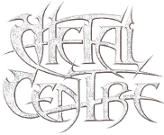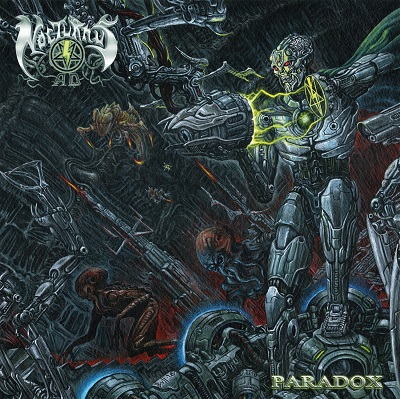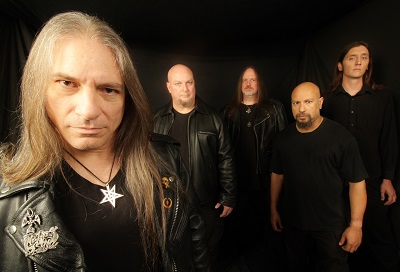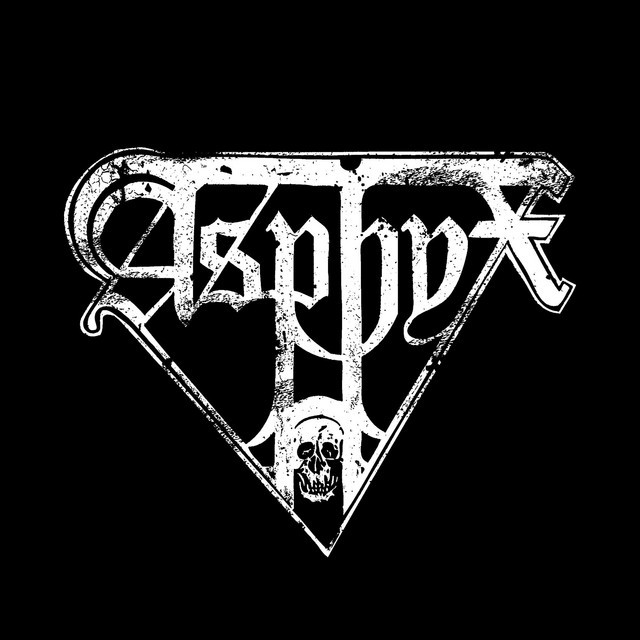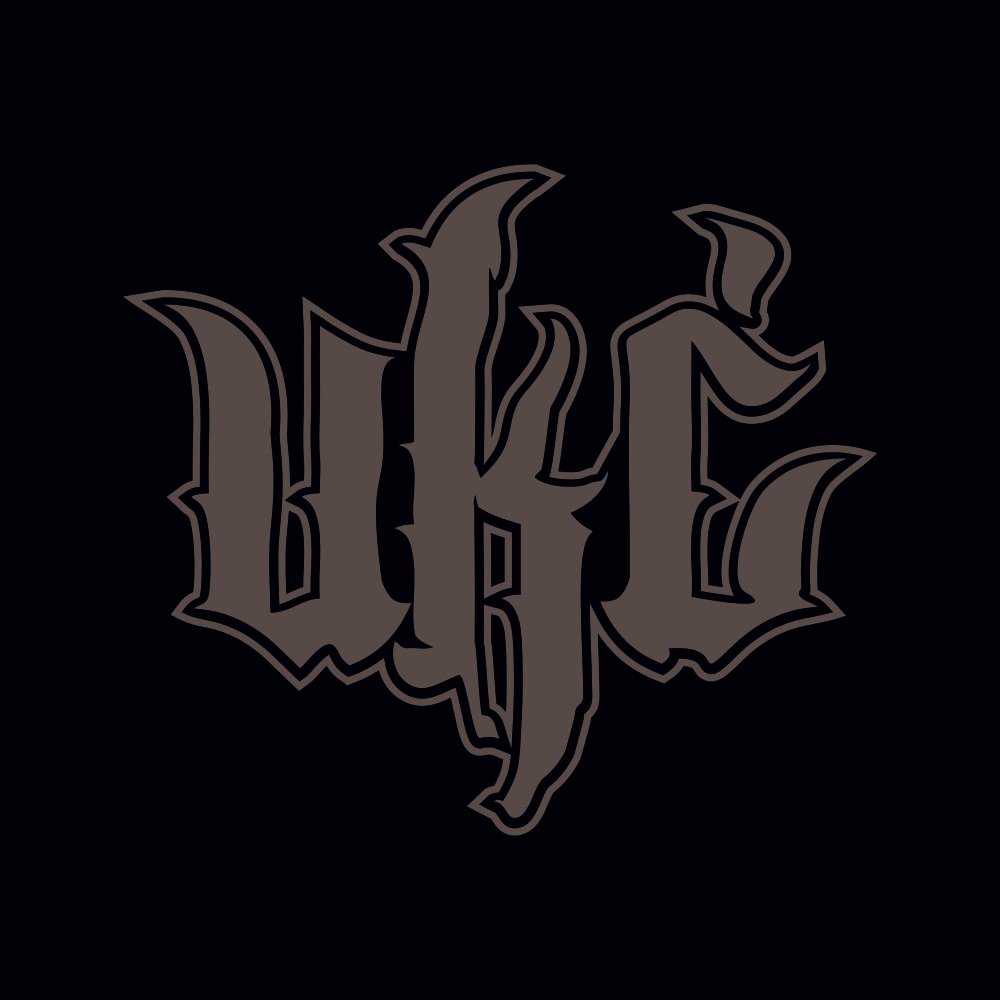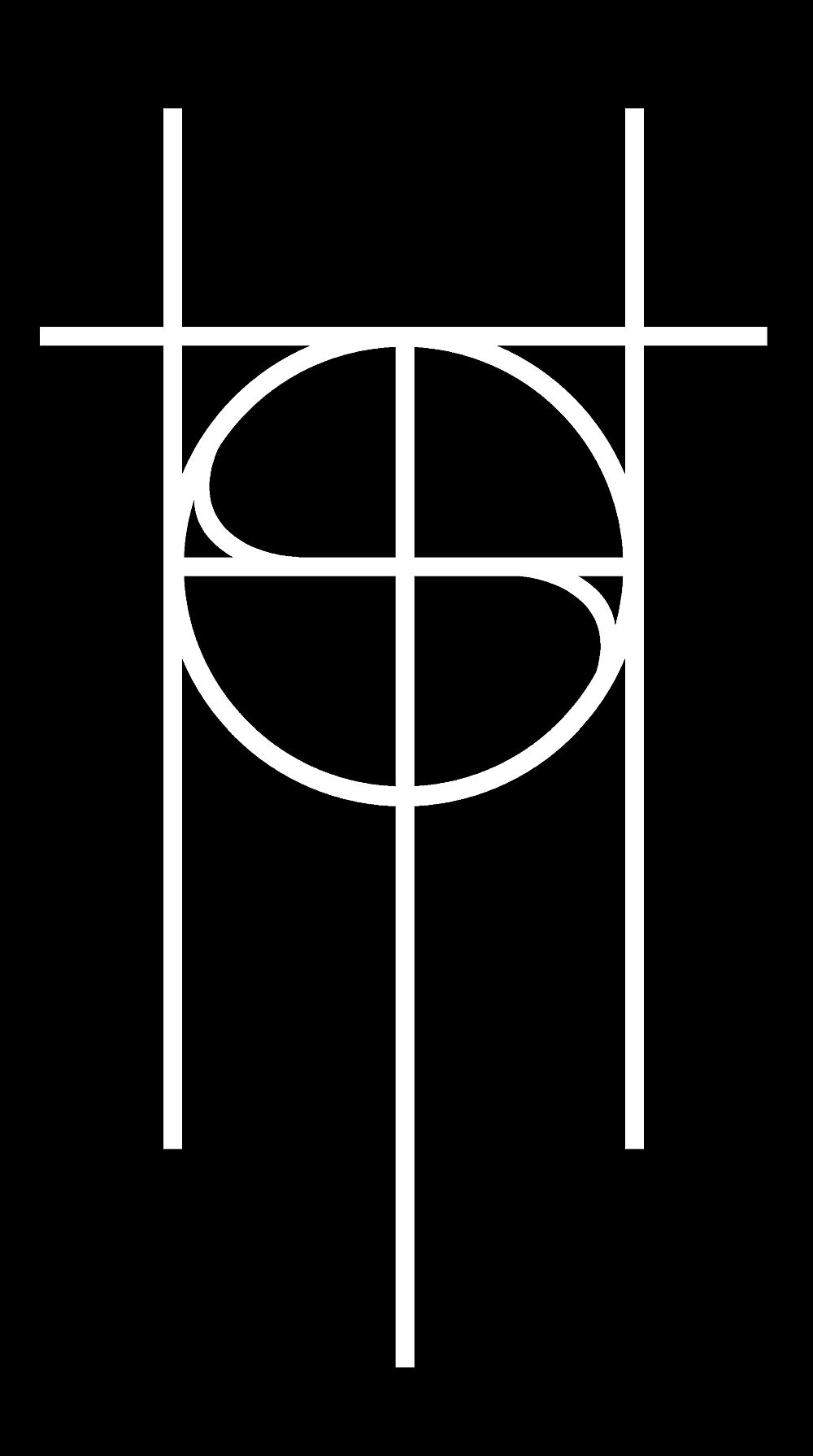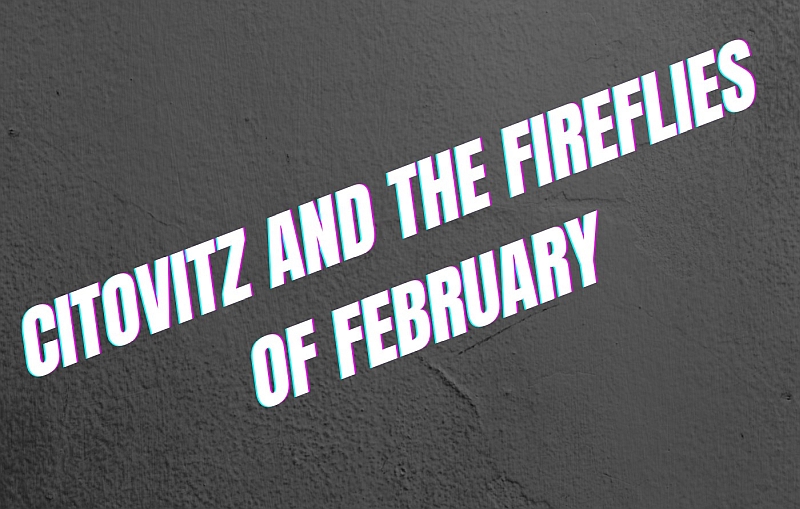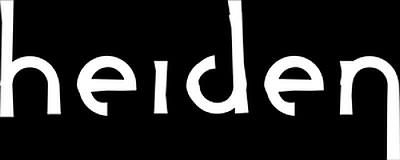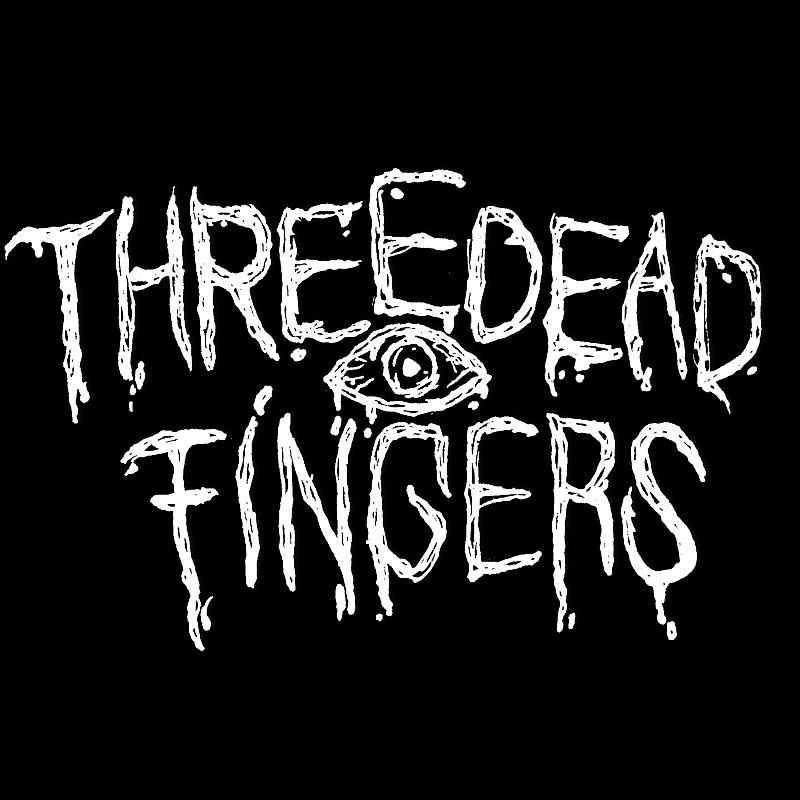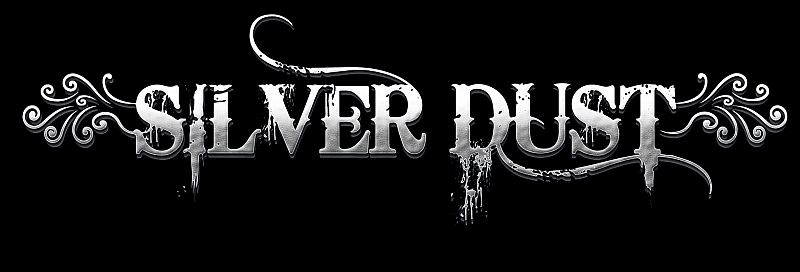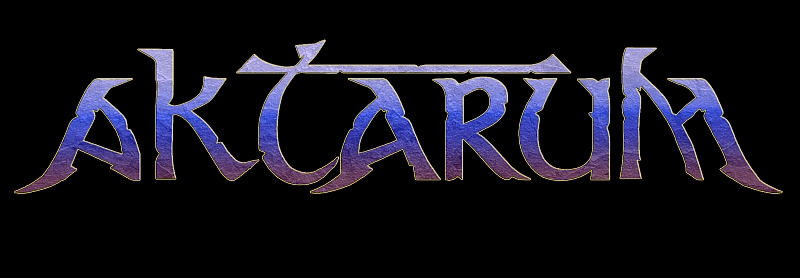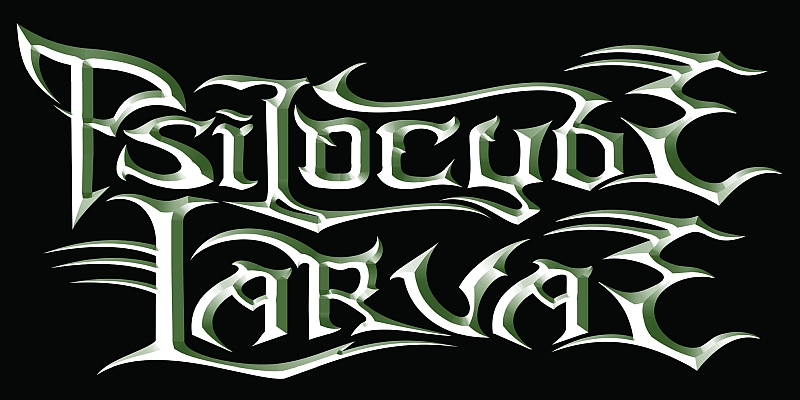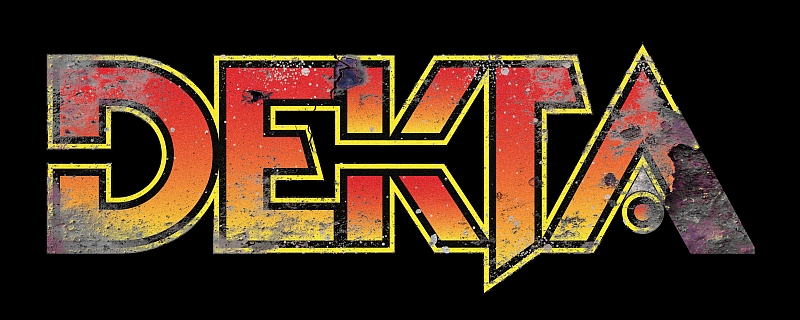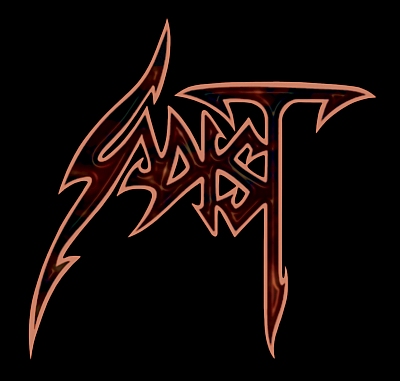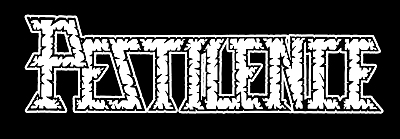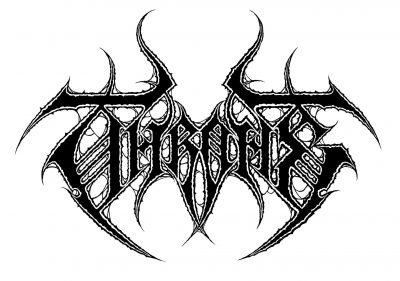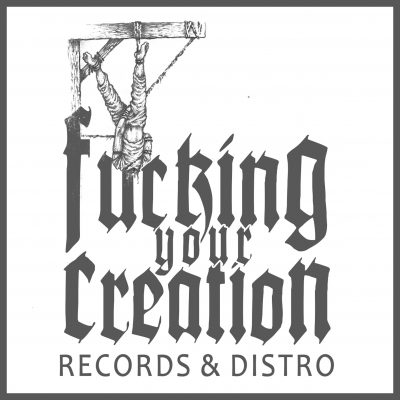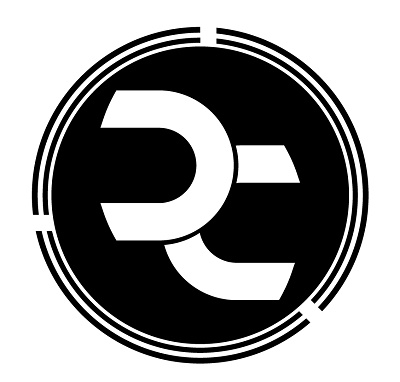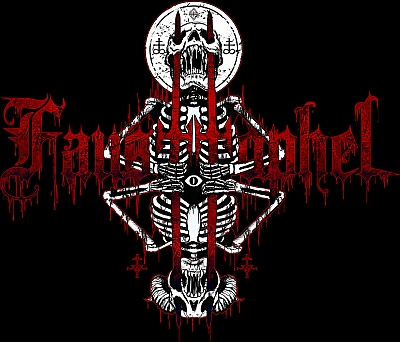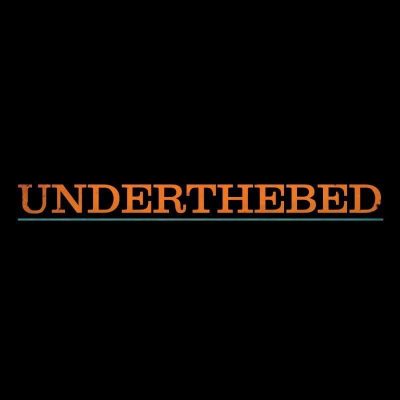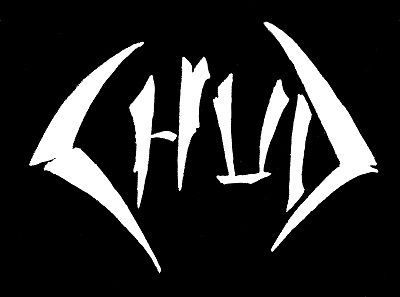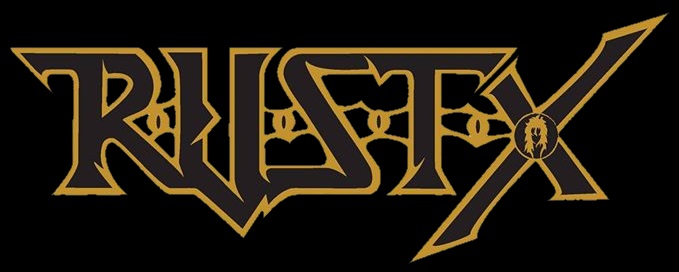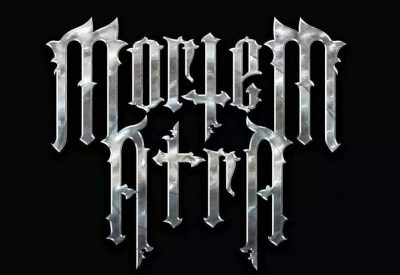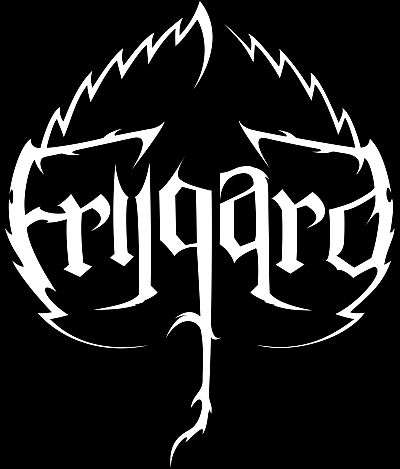“Paradox” is the debut album by NOCTURNUS AD, but its stories have been under construction for 30 years or more. When founding member, Mike Browning first conceived these ideas, though, it was under a slightly different moniker, NOCTURNUS. Their first album “The Key” featured a four-song concept about Dr. Magus and the Key. With “Paradox,” Browning revisits these ideas, and continues to expand on other, conceptually unrelated songs such as “Neolithic” and “Paleolithic.”
“Paradox” is both a musical and lyrical companion to “The Key.” “Paradox” continues the combination of Tampa, Florida death metal force with space age keyboards, cinematic noise/atmosphere, and instrumental virtuosity. The album can be pieced together with “The Key,” or stand alone on its own merit. Keyboard solos via new recruit, Josh Holdren are a new facet. The lineup, which consists primarily of members from the post-NOCTURNUS band, AFTER DEATH, definitely separates the two albums.
Approaching four decades of recording history, Browning had plenty to discuss with Metalcentre.com. Here, he relates lyrical concepts, keyboard utilization, his perception of heavy metal genre labels, and working with Jarrett Pritchard to recreate an early ‘90s production.
You are set to release your debut album “Paradox.” It is your first under this banner, but really has the feel of the first two NOCTURNUS records, “The Key” and “Thresholds.” While it’s not a NOCTURNUS album, it certainly feels like it. You said you didn’t want to compete with “The Key,” but you wanted to go back and revisit the themes from that album. How does this differ from “The Key?”
It’s different in the style of writing. It’s similar, but it’s also different in a lot of ways. I wanted similarities, but not a copy of “The Key.” I wanted it to be like that, but add even more to it. We accomplished that. It almost sounds like it’s in between “The Key” and “Thresholds.”
Would you say it’s more technical than “The Key?”
I don’t know if I’d say that exactly. Both albums are pretty technical. They’re both pretty hard to play. I don’t know; there is a lot of technical stuff in both of them. They’re a little different, but I would say fairly the same in terms of technicality.
The keyboards seem a bit more elaborate on this record.
The keyboard player we have in the band, he’s been in the band about a year, Josh Holdren, is multi-talented. He can play guitar, drums, keys—he brought more than just the keyboards in. He can texture. He creates atmosphere. For the first time on this record, even in NOCTURNUS and AFTER DEATH, we have a keyboard player who actually plays solos. He does a few solos on this record and we’ll probably add more on future releases. We’d like to expand on that a little bit; people are liking it. We’ve always had guitar solos everywhere. This time we have keyboard solos, too. He rips off solos like a guitar like it’s no problem. It’s really good to have someone in the band that can do that. Now we have three people who can do solos. Instead of two guitar players going back and forth, we now have three people going back and forth playing solos.
I don’t think I’ve heard more guitar solos on an album.
We wanted to go overboard. If you listen to “The Key” there are little solos—little half-measure solos, short solos everywhere. There were certainly elements I wanted to make sure we have on the “Paradox” record that is on “The Key.”
Jarrett Pritchard (GOATWORE, 1369, GRUESOME, WOLVHAMMER) produced “Paradox.” His production sounds like early ‘90s recordings. Everybody complains about old bands coming out with new material that sounds too modern and sterile. This album really has an early ‘90s DM production.
That was a big part of having Jarrett do it. He’s been a friend of mine for a long time. I don’t think he was born in Tampa, but he lived in Tampa for several years. Back in the ‘90s, he was in a band called EULUGY. He’s an amazing guitar player! As a matter of fact, he did the last solo on the album—the instrumental [“Number 9”], the last solo where the album fades out was done by Jarrett (laughs). Back in the ‘90s, I lived in the same apartment building as him. He lived upstairs and I lived downstairs. We used to hang all the time. He’d seen NOCTURNUS play back in the ‘90s. He’s been to our practice. He’s seen us play local shows. He hung out with all of us. He really understands the old Tampa death metal sound. He was the one person I knew who knew what we were suppose to sound like a long time ago. Other people saw us once or twice, but Jarrett was around; he lived in the same apartment building as me.
We could have done the Morrisound thing again, but I wanted to have somebody who was more on our level. They are sound guys. That’s what they do. Like you said, though, they tend to make things sterile sometimes. I wanted to make sure we got some old sound. Jarrett had also just bought a two-inch, reel-to-reel tape machine. He said we could put the drums on two-inch reel and whatever else you want, and then mix it the regular way. I was like, “Wow, that sounds amazing!” “The Key” was done on two-inch, reel-to-reel back in ’90. We figured let’s go back and do the reel-to-reel thing with the drums and get the base of everything. We can get that done and get that older feel. It actually did.
Jarrett happens to have a studio in Orlando now, which is like an hour and a half drive from Tampa, so we drove up there and recorded on the weekends. That was August through September. It worked out really well because he’s close. We didn’t have to do it all in one week and record and mix everything in a week or two. We got to listen to it a bunch of times and decide on changes. It was cool the way we did things. Most bands don’t have the luxury of being able to record over time. Most of the time when you go into the studio you have a week, ten days or whatever amount time to finish the recording. Luckily, we didn’t have to do that with this first one. If it happens with the next one, we’ll be more prepared because we’ll be with Jarrett again. So, we’ll know how to work things out even better next time.
This was a good thing for us. We were the second band to use the tape machine. We’d just gotten the record contract. He just got the tape machine. We signed the contract, and were recording in less than two months. When we first started talking to the label back around last April they said we could sign the contract over the summer, prepare, record next year and then the album will come out by the end of next year. We were like, “Well, guest what? We are a little more ready than that.” They were like, “Really?” They were really surprised we could jump into the studio as fast as we did. We were definitely going to release it much later when we first started talking. We weren’t even going to record until 2019. We had the recording and mixing pretty much done by 2019. It’s a good thing it happened the way it did or the album wouldn’t be out for several more months.
Is “Paradox” a concept album throughout or just on certain songs?
No, it’s just four songs that continue “The Key” story. You can take “The Key” as a whole record together, but it really isn’t. Some of those songs were written in the ‘80s, some in the ‘90s. Stuff like “BC/AD,” “Standing in Blood, “Undead Journey,” “Lake of Fire” were all written in the mid or late ‘80s. The newer songs that were more sci-fi oriented were written later on. “Lake of Fire” and “Standing in Blood” work together. “Neolithic” kind of stands on it it’s own. “Undead Journey” stands on its own. “Visions from Beyond the Grave” stands on its own. “BC/AD” stands on its own. We started writing “Destroying the Manager” and “Droid Section” at the same time and we already had “Andromeda Strain,” so I figured we could put these songs together and write a story, and this one could actually go before it. Then, we could change them a little bit to make them all fit together. At that point we had a bit of story coagulating there. We made “Empire of the Sands” the last song to bring it all together as one big story. Then we ended the record with “Empire of the Sands” fading out. The idea with “Thresholds” was to bring it back in with that same rhythm. So, “The Key” would fade out and “Thresholds” would fade in with the same riff and then we change to something else.
That was the idea, but then things changed. We got a singer. I didn’t sing on the second album and barely wrote any lyrics, either, so we didn’t end up doing this story. “Thresholds” just became eight or nine songs with no meaning or connection to each song. That’s not what I wanted, at all. I didn’t want to do things that way because the record company was switching things. They wanted us to get a front man and stuff like that. That’s why things went the way they did because we listened to the record company. I wasn’t able to do what I wanted to do. I wasn’t able to do the same thing, so we didn’t do that. We got a singer and it changed everything. It just didn’t work. I regretted that we didn’t do all that back then, the continuation of “The Key.” I’ve always wanted to do it again. For some reason, I thought the time was right to just do it, get it over with, and see what people think.
You mention the Key a couple times on “Paradox.” There is even a song titled “The Return of the Lost Key.” I believe you mention it on “The Antechamber,” too. Can you explain what the Key is?
The Key is the pentagram you see with the lightning bolt. If you go back to “Andromeda Strain” there is a war plague that destroys most of the earth. There is an evil scientist/doctor, back then I didn’t have a name for him [Dr. Magus]. He was barely alive, but he makes his bio suit to keep himself alive. He moved with all his equipment to this cave and was living it in. There weren’t a lot of people left on the earth because of the war plague—the Andromeda Strain. At that point “Droid Sector” happened and aliens had been watching the earth the whole time, decided it was very vulnerable and to attack the earth. When the aliens attacked the earth, one of their ships crashed close to his cave. He went to investigate the ship and found the Key. He was able to use the Key to power his time machine that he couldn’t get working. He couldn’t get a source of power for it. All of a sudden, the Key just fit right in and made it work. The Key is actually an alien device that makes alien machinery work. Basically, it’s like a universal key that can turn on any machinery.
You have room to breath and space to write more stories by not making “Paradox” entirely a concept album.
I want to try to keep it at four songs with “The Key” story because that’s just enough to change things and make things happen. I didn’t want to make every album a full concept album. Then you are just stuck. You are nothing more than that process. That’s it! With “The Key” there were different songs and then a concept. Each song has its own concept, but there were several songs on “The Key” that fit to make it. We were talking about it, and I wanted to do the same thing here, so I took four songs and put them on the end of the album just like on “The Key.” On “The Key” there was “Lake of Fire” and “Standing in Blood,” so I put “Seizing the Throne” first. It fit with those. Another song we did on “Paradox” is called “Paleolithic.” It’s the successor to “Neolithic.” That’s another one that connects back to “The Key.” There are really two songs that don’t connect back to “The Key,” besides the instrumental. We thought it would be cool to fade out with that instrumental. We can start the next album that same way. We kind of do that, too, with “The Antechamber.” It actually has its own vinyl. The songs that go with “The Key” story, and the instrumental at the end, are actually on their own vinyl. The rest of the songs on “Paradox” that don’t go with “The Key” story are on their own vinyl. We have a double vinyl, so that works out pretty cool. It works out that way, even though its the second half of the album because we put it that way, it fits to split the two records, so the second vinyl has the whole Key story to it. It was kind of planned that way. I was hoping it would work out that way, time wise. I wasn’t sure if we were going to have a double album or not. Either way, it would have been side B.
NOCTURNUS were a different sort of band. You play progressive, science fiction-themed death metal. You seemed ahead of your time as there are a lot more progressive, and prog death bands playing today. What do you think about back when you started doing this compared to now?
I grew up in the ‘70s, but in the early to mid ‘80s everything was just called “metal.” You had a little bit of death metal starting, a little bit of black metal starting and thrash. That was pretty much it. It wasn’t like there were the sub-genres like there are now. There are like 50,000 terms for metal now. That’s terrible. It shouldn’t be that way because it all spawned out of competition and jealousy. Some people are like, “I want to play fast. I only listen to black metal. I only listen to death metal.” It’s not good that people split metal up. Can you imagine how strong we would be if everybody was united in one big crowd of metal? Take a band like SLAYER? They still sell out almost every night they play. They have a good crowd. You’ll see black metal people there at SLAYER. So, there are bands that can crossover and do both. Most people call us a sci-fi death metal band more than anything. We’ve been called death metal. We’ve never been called black metal, but we have that element. We’ve played some festivals that were strictly black metal festivals, but we were able to fit with that. We’ve played death metal festivals, and then we’ve played metal festivals. It’s good that we have a good mix in our songs that we can literally play with any type of band in metal.
Any guitar player who is really into technical playing is going to eat that up, too.
I didn’t want to compete with “The Key.” I’ve never been in music to compete. So many do. All they care about is competing with the next person. They want to be faster, more extreme or whatever you want to be more than the next person. I figured we would just be different, and worry about that, instead of being better than the next person. If you’re doing that, then you’re just trying to take and improve on what that person has already done. You’re not doing anything different. People tell me we don’t sound like anybody else. To me, that’s my goal. It’s not about selling a million records. I want people to say, “Wow, this sounds like nothing I’ve ever heard!” Back then, I didn’t look at it as we are death metal band with sci-fi, even though that’s what we ended up being, it really didn’t seem that way to me. When I grew up in the ‘70s, a lot of the bands I listened to had keyboard players or they used keyboards quite a bit.
One of my favorite songs growing up was “Kashmir” from LED ZEPPELIN. That has tons of crazy keyboard stuff in it. ANGEL WITCH used keyboards here and there. I would see these bands that put out demos. You’d get a cassette in the mail from each demo, and you’d put it in your cassette player, the intro would come on, and it would sound really great—visions of hell or whatever. Then, the band would come on and it would be a garage band recording and the band is like (makes loud noises), but the keyboard intro they had on their demo sounded fantastic! So many times you’d hear the intro and then the band would kick in and sound nothing like the intro. I would always expect that band to come in playing and sound like the intro. A lot of times it would never happen. The band would kick in and I would wonder what happened to all that crazy atmosphere.
Bands were using this stuff for a long time, way before us, but a lot of them just never did it full-time. DIO had a full-time keyboard player. RAINBOW, DEEP PURPLE—those bands had full-time keyboard players. A lot of bands didn’t mix the keyboard that loud, except for the intros in certain parts. DIO would only place keyboards in certain parts on his albums. BLACK SABBATH had a keyboard player on stage. Geoff Nicholls did it for a long time. He’s off to the side, but he’s always there. He doesn’t play all his stuff all the time. These band have keyboard players, they’re just playing all the time. Some bands did, like DEEP PURPLE, but they did it in a different manners, as well. I wanted to use them all the time, but a little different than most people do. I grew up with sci-fi movies and all the crazy sounds. I thought it would be great to have a band to produce that kind of stuff while their playing—weird sounds and that kind of stuff.
Now that you’ve completed “Paradox,” what’s your next move? Will we see you on tour?
We all have jobs, so we haven’t been able to do much touring, but we usually do seven or eight shows a year. We try to hit festivals as much as we can because they have the biggest crowds. If we only play so many shows a year, we want what is best for us. In June we two shows. We’re doing Destroying Texas Fest. This will be our second time doing that. It’s on the 27th (festival dates are June 27-29). That’s in Houston. We did Destroying Texas four years ago, I think it was. It was great. Now it’s even better. They’ve got some really good bands: MASTER, MASSACRE (SADISTIC INTENT, THE CHASM, NUNSLAUGHTER, etc.). There are some big bands on this time. Check it out on Facebook (https://www.facebook.com/DestroyingTexasFest/). That’s just a little over a month away. On the 14th of June we are playing Santiago, Chile. That’s our third time we’ll be playing there. We’re going there with NASTY SAVAGE. We are doing a co-headlining thing with them. I believe we will be doing Atlanta in December or November. We’re talking to a promoter over there. We’re talking to another promoter for two, big festivals, back-to-back.
